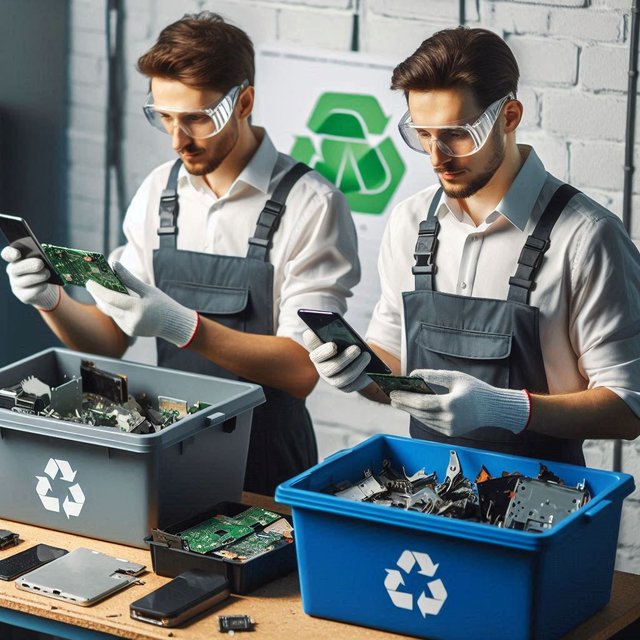Experts foresee cybercrime profits will soar to $9.5 trillion US dollars globally in 2024. Illicit activities such as intellectual property theft or data breaches drive its growth. As of February 2024, the average price related to a data breach universally was $4.88 million. This is a staggering increase of 10% since 2023. Also, presently companies are capturing and storing more data than ever, which makes them increasingly attractive targets. According to another study, it is predicted that total global data storage may exceed over 200 zettabytes by 2025. That is 200 trillion gigabytes of data! Now we realize how crucial data safety is to any company.
Not only companies, but individuals also store a great amount of data relating to their banking information, credit cards, account numbers, health information, ID cards, and so forth on their digital devices. Hence, it is equally critical for businesses and individuals to eliminate old data. One effective way to enhance data security and destroy outdated data is hard drive shredding.
Hard Drive Shredding: Most Secure Way to Dispose of Hard Drives
Hard drive shredding is the process of physically destroying the drive, making it impractical to retrieve any information stored on it. The platters/disks of a hard disk drive are completely broken to ensure all data stored on it is destructed too.
Hard drive shredding services use specialized shredders and destroy the drives, either, at their facility centers or on-site.
Availing the services of a reliable hard drive shredding center provides the following benefits:
- You get proof of data destruction, i.e., a Certificate of Destruction
- You are complying with the national and international rules of data safety
- Your data is destroyed by best practices and physically shredded drive can’t be restored
Best Practices to Observe While Destructing Hard Drives
- Erase Data Using Advanced Software
Wiping data on storage devices using advanced digital software works well for SSDs and HDDs. Practicing this method before going for shredding reduces any chances of data retrieval. If it is used solely for data destruction, we can reuse the drive. Back up data and transfer all the files needed.
- Seek the Services of a Professional Platform
Consider approaching a professional shredder to ensure an effective solution. Relying on DIY methods may not be safe always. Professionals specialize in cautiously shredding hard drives, ensuring that all data is eternally destroyed. Look for providers who offer destruction certificates and follow industry standards.
- Understand the Shredding Process
Before committing to a shredding service, familiarize yourself with their processes. A reputable company will typically dismantle the hard drive, exposing the platters, and then shred them into tiny pieces. This level of destruction makes it virtually impossible for anyone to recover your data. Be sure to ask questions about how they handle the shredding process, what equipment they use, and how they ensure that every hard drive is thoroughly destroyed.
- Verify Environment Safety
When selecting a shredding service, consider their environmental practices. Many companies now offer eco-friendly shredding options, where the shredded materials are recycled responsibly. This ensures that not only is your data secure, but you're also minimizing your environmental impact. Ask potential service providers about their recycling policies to make an informed decision.
- Maintain a Clear Record of the Process
Keep the process documented and include necessary details like types of data that was destroyed, how was it disposed of, and so on. This documentation serves as proof that your data has been securely disposed of, complying with data protection regulations.
- Schedule Regular Shredding
A proactive approach to data safety is scheduling timely data destruction sessions, especially for businesses handling sensitive customer information. Data security isn’t a one-time task; it requires ongoing measures.
Conclusion
In the contemporary world, cybercrime is on the rise, and cases of data breaches are becoming increasingly common. This underscores secure disposal of outdated data has never been more critical. By following best practices—such as utilizing professional services, understanding the shredding process, and maintaining clear documentation—you can enhance your data security and comply with regulations.
Moreover, destroying obsolete hard drives doesn’t mean that the materials can’t be recycled. There are specialized security partners who provide secure recycling options and ensure your commitment to data protection and environmental sustainability.
